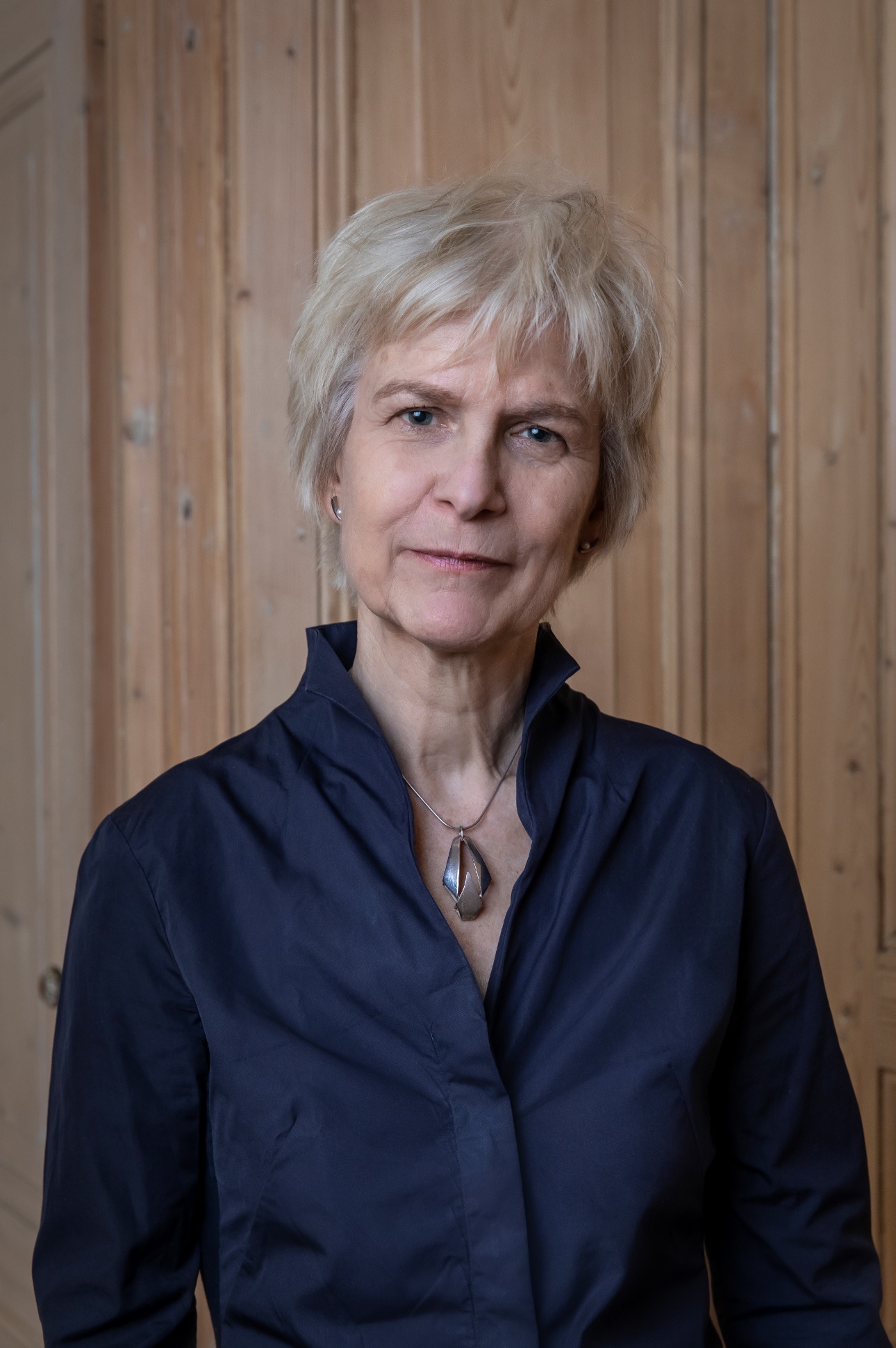Master specialization in Public Philosophy in Master Philosophy Now (EUR): From Theory to Practice
2020-21; 2021-22
Lecturers: Prof. dr. Marli Huijer and Daan Roovers, MA (former and current Dutch Thinker Laureate)
Ever since Socrates, philosophers have been involved in societal issues. Exchanging thoughts about life, politics or society, talking at the agora with passers-by - or today in a philosophy-café with visitors - , speaking true to the authorities or venting critical thoughts or analyses in public media or in the public sphere is part and parcel of philosophy. In this course we investigate the history of the public, societal and political role of philosophy and the various societal interventions by philosophers. This theoretical excurse is related to concrete themes that come back in the other specialisations. As philosophers are frequently asked to take their role in public debate, this course aims to provide students with speaking and writing skills for non-philosophical audiences. The challenge is to contribute to society in a high level-philosophical way and, conversely, to learn from society how to do philosophy. Learning goals: After finishing this course, you will be able (1) to address matters of public interest in philosophical terms, (2) to intervene in societal issues in a high-level philosophical way and (3) to deepen the actual public debates and open up current discourses on e.g. climate change, pandemics and society, polarization or burn-out problems. You will also have acquired the skills to write and speak for a large non-philosophical audience and to make use of videos, podcasts and social media for this goal.
Critique: The Impact of Philosophy on Social Sciences and Humanities
2017-2018; 2018-2019; 2019-2020; 2020-2021
BA 2 Course Erasmus University Rotterdam, Erasmus School of Philosophy
What is critical thinking? What is its function in an era of ‘alternative facts’? This module explores what critique, a guiding notion in postwar continental philosophy, implies for the knowledge produced and methods used by social sciences and humanities. We focus on critical theory (Habermas, Frankfurt School), poststructuralism (Foucault), feminist critique, postcolonial critique (Cornel West), tentacular thinking (Haraway) and critical realism (Latour).
The Late Writings of Foucault: Power, Knowledge and self.
2016-2017; 2017-2018; 2018-2019; 2019-2020
Master Course (MA Continental Philosophy & History)
Erasmus University Rotterdam, Erasmus School of Philosophy
In this course, we analyse the development in Foucault’s work: from the 1970s study of modern, disciplinary power and knowledge systems, creating docile bodies and souls, to his later studies of ancient self-techniques used by free (male) citizens to constitute their subjectivity in aesthetic ways. Starting from his lectures (the hermeneutics of the self; the courage of truth) and his last books it explores the relations between power, truth (knowledge) and subjectivity.
- Lectures and seminars plus one writing workshop
- Literature: selected texts of: Foucault’s History of Sexuality II & III; Foucault’s lectures The Hermeneutics of the Self; The Courage of Truth a.o.; Foucault’s Fearless Speech; Foucault’s Subject and Power (in: Dreyfus and Rabinow, Beyond Structuralism and Hermeneutics); Rabinow, P. (ed.) The Foucault Reader.
The ongoing making of the public sphere
2015-2016
Master Course, Erasmus University Rotterdam, Fac. of Philosophy
The public sphere in its two meanings of publicity (everything that appears in public is seen and heard by everybody) and common world (the world common to all of us and distinguished from our private sphere) is indispensable to democratic political practice. Being seeing and being heard by others and taking care for the common world are both essential for the further development of democracy.
What is the public sphere? Hannah Arendt refers to the Greek polis and the Roman res publica to explain the need for a relative immortal space that protects us against the futility of life. In her view, the public sphere lies between people living together and arises out of their acting and speaking together. Jürgen Habermas, on his turn, refers to modern European ‘bourgeois public spheres’, which mediated between society and the state. These public spheres aimed at an unrestricted rational discussion of public matters and of the public good. Although the bourgeois public spheres claim full accessibility – in contrast to the Greek polis - , women of all classes and ethnicities were excluded, as Nancy Fraser argued against Habermas. Today, open access, participatory democracy and social equality are highly valued. To what extent do contemporary public spheres (virtual and non-virtual) contribute to the two meanings of publicity? How to appear to each other today? And, how to take care for the common world?
In this course, we analyse texts of Arendt, Habermas, Fraser a.o. to better understand the concept of the public sphere, the ongoing work on the public sphere and what today’s digital networks contribute to both publicity and the common world.
Discipline. Overleven in overvloed
2014-2015, 2013-2014
Master course Erasmus Universiteit Rotterdam, Faculteit der Wijsbegeerte
In rijke, westerse samenlevingen heerst een overvloed aan voedsel, drank, consumptieartikelen, belevenissen en keuzemogelijkheden op het gebied van studie, relaties, vrije tijd en werk. Goed leven binnen die overvloed vergt discipline, een prioriteren van wat belangrijk of waardevol is en niet onmiddellijk toegeven aan wat op korte termijn-bevrediging geeft. Maar juist in samenlevingen met overvloed hechten mensen aan vrijheid en zijn ze wars van discipline. Toch mag het individu niet doen wat hij wil. Integendeel, hoe geringer de maatschappelijke disciplinering hoe meer van het individu wordt verwacht dat hij zichzelf disciplineert. Een paradoxale eis, omdat het in een ongedisciplineerd omgeving vele malen moeilijker is zichzelf te disciplineren.
In deze cursus analyseren we aan de hand van o.a. Foucault, Freud, Elias en Weber de gevolgen van de in de jaren zestig ingezette de-disciplinering om vervolgens via Latour, Sloterdijk en de late Foucault te onderzoeken welke mogelijkheden er zijn om discipline uit te besteden aan technologie. De docent zal één keer een workshop schrijven geven.
